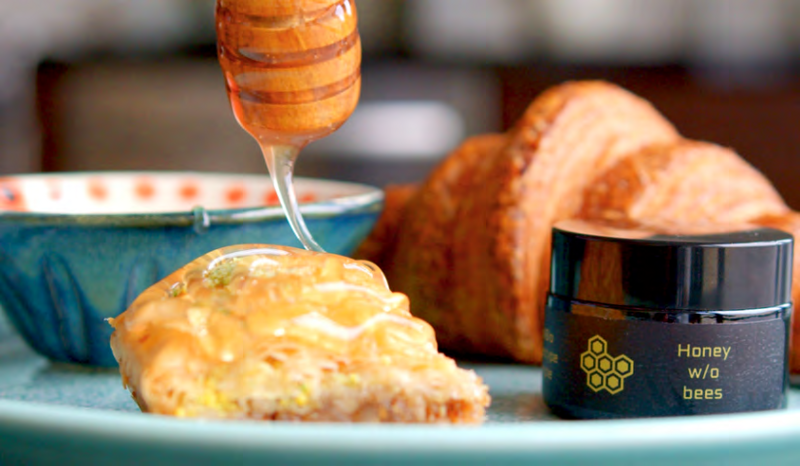
FILL IT UP WITH WINE
April 5, 2022
PIG, THE KING OF THE CYCLE
April 13, 2022WHAT IT IS?
Twelve students from the Israel Institute Of Technology are introducing the future of honey with their ‘Bee-Free Honey.’ The honey that they make is from a lab instead of a honeybees hive. With their product, they offer customers an alternative way of enjoying honey. “We decided to look into science to produce honey just like honeybees make it, but removing them from the supply chain, this way helping wild bees to thrive.” The honey is produced by the bacterium Bacillus subtilis, which ‘learns’ to make honey following reprogramming in a lab. If you would like to know how the students did it? Look at the video below!
WHY IT’S COOL?
The current honey production is endangering thousands of bees due to poor beekeeping. Current honey production also employs high levels of chemicals, which are harmful to bees and the environment. The students from the Israel Institute Of Technology have been able to mimic the varied tastes of different kinds of bees. The students took first place in the latest IGEM (International Genetically Engineered Machine) competition. A total of 300 teams from colleges all around the world competed.
WHY IT HAS FUTURE GROWTH POTENTIAL?
With this concept, all honey might be replaced in a few years because it tastes the same like the bee made version, but putting the harmful effects on the bees obviously out. The students also have managed to create different variants of honey, which makes the products more appealing. There is also less sugar involved than in traditional honey, making it more healthy.
Now that the students have learned to reprogram bacteria to produce honey, they might also be able to reprogram other bacteria to produce a variety of lab-based products such as meat, dairy et cetera. The only question that comes to mind is: can labs produce enough to feed a world population?
For further information about Real Honey Without The Bees please click here!





2 Comments
Real honey, also has medicinal traits. Does this lab-induced honey have the same? I think this solution has future growth potential, specially if it can protect the bees and the keep biodiversity intact
There is a very interesting “biotechnology trend” happening specially in the food and fashion fields, and this seed is clearly connected with it. Personally, lab-grown foods worry me a little, but this bacterial honey case seems pretty smart and reliable. In addition, preserving bees is very important, and it is also associated with another necessary trend of sustainability and preservation of the environment.